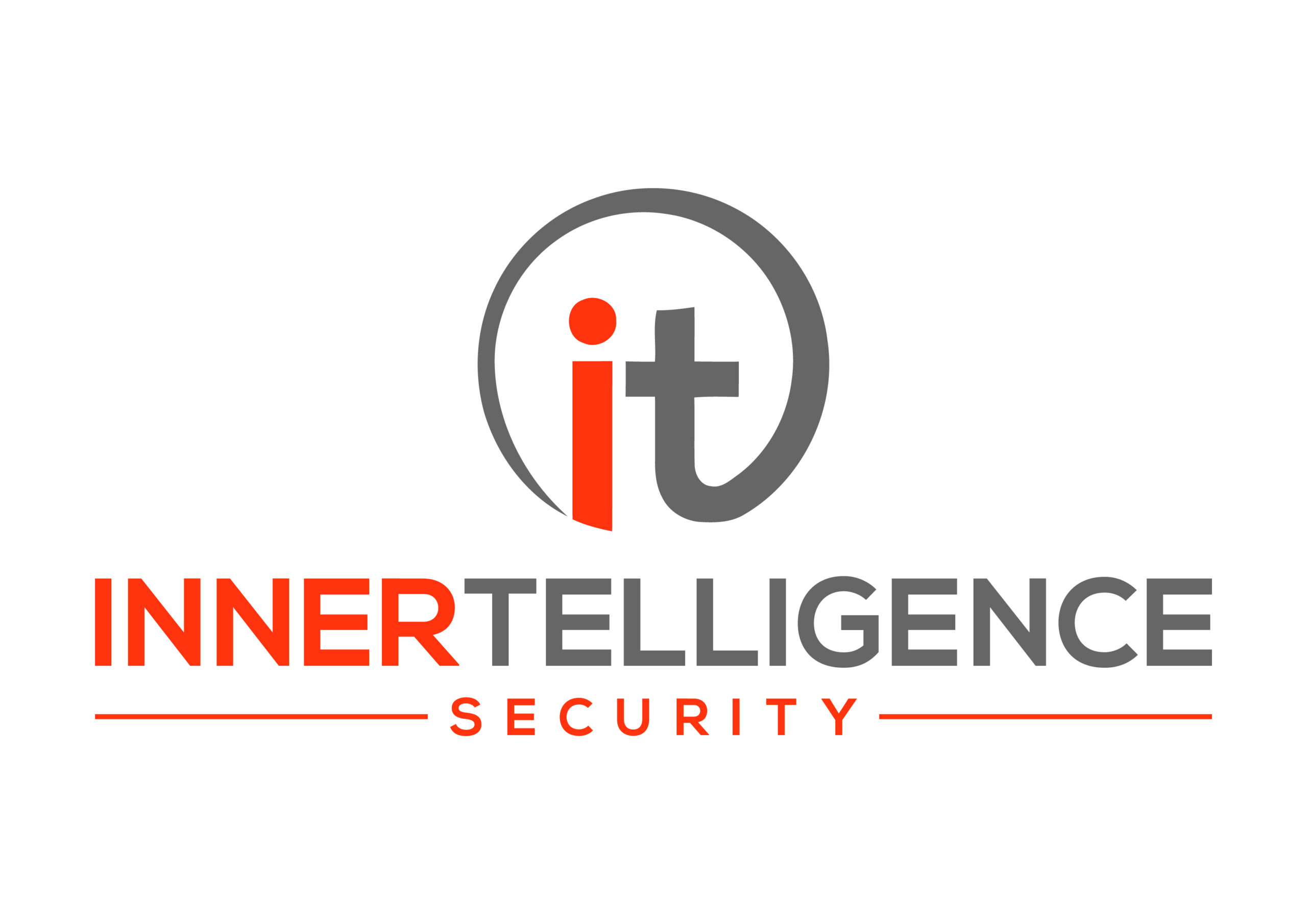When it comes to safeguarding your business, investing in the right CCTV system is crucial. The market is flooded with options, ranging from basic setups to advanced systems with AI-powered features. For a business owner, the challenge lies in choosing a CCTV system that fits your specific needs while offering maximum security.
This guide will walk you through the essential factors to consider when selecting the best CCTV system for your business.
1. Assess Your Business Needs
Before diving into the technical aspects, it’s important to evaluate your business’s specific security requirements. Consider the following:
- Business Type: A retail store may need cameras to monitor customer activity, while a warehouse might require surveillance of large open spaces.
- Size of the Premises: Larger areas might require a combination of fixed and PTZ (Pan-Tilt-Zoom) cameras for comprehensive coverage.
- Specific Security Concerns: Identify whether you need cameras to prevent theft, monitor employee activity, or deter vandalism.
By understanding your business’s unique needs, you can better determine the type of CCTV system required.
2. Types of CCTV Cameras
There are several types of CCTV cameras, each suited for different purposes. Here’s a breakdown:
- Dome Cameras: Ideal for indoor use, these cameras are discreet and provide wide-angle coverage, making them perfect for offices and retail stores.
- Bullet Cameras: These are designed for outdoor use and offer long-range surveillance, suitable for parking lots and building exteriors.
- PTZ Cameras: With the ability to pan, tilt, and zoom, these cameras are ideal for monitoring large areas such as warehouses or event spaces.
- IP Cameras: Internet Protocol cameras provide high-resolution video and allow remote access, making them ideal for businesses requiring real-time monitoring.
- Thermal Cameras: For high-security areas, thermal cameras detect heat signatures, making them effective in low-light conditions or complete darkness.
3. Camera Resolution
Resolution is a critical factor in choosing a CCTV system. Higher resolution provides clearer images, making it easier to identify faces, license plates, or other details. Common options include:
- 720p: Basic resolution, suitable for smaller spaces with minimal security risks.
- 1080p (Full HD): Standard resolution for most businesses, offering a balance between quality and cost.
- 4K Ultra HD: Ideal for high-risk businesses that require detailed surveillance.
Investing in higher resolution cameras is recommended for businesses where image clarity is critical.
4. Indoor vs. Outdoor Cameras
Outdoor cameras need to withstand harsh weather conditions and potential tampering. Look for features such as:
- Weatherproofing: Ensure the cameras have an IP65 or higher rating for protection against dust and water.
- Night Vision: Infrared (IR) capabilities are essential for outdoor cameras to capture clear footage in low-light conditions.
- Vandal Resistance: Cameras with durable housings are better suited for high-risk areas prone to tampering.
Indoor cameras, on the other hand, are typically more compact and do not require weatherproofing.
5. Wired vs. Wireless Systems
Depending on your infrastructure and budget, you’ll need to decide between wired and wireless CCTV systems:
- Wired Systems: Provide reliable connections and are ideal for larger businesses where coverage is spread across multiple locations. However, installation can be complex and may require professional help.
- Wireless Systems: Easier to install and provide flexibility in camera placement. These are suitable for small to medium-sized businesses but may be prone to signal interference.
6. Storage Options
CCTV systems require storage for recorded footage. You’ll need to consider both the storage capacity and method:
- DVR (Digital Video Recorder): Common in analog systems, DVRs are affordable but offer limited flexibility.
- NVR (Network Video Recorder): Used with IP cameras, NVRs provide higher resolution storage and are easier to manage.
- Cloud Storage: Offers remote access and data backup but comes with ongoing subscription costs.
- Hard Drives: Ideal for businesses with large storage requirements and on-site security management.
7. Integration with Existing Systems
For businesses that already use security systems like alarms or access control, it’s important to choose a CCTV system that integrates seamlessly. Many modern systems offer integration capabilities, allowing centralized monitoring and easier management.
8. Remote Monitoring Features
Remote access has become a must-have for business CCTV systems. Features to look for include:
- Mobile App Access: Ensure the system comes with a reliable app for viewing live footage on your smartphone or tablet.
- Real-Time Alerts: Motion detection and instant notifications keep you informed of unusual activity.
- Cloud Connectivity: Access stored footage remotely without needing to be on-site.
9. Budget and Scalability
Your budget plays a significant role in determining the best CCTV system. While it’s tempting to opt for a cheaper option, consider the long-term benefits of investing in a quality system. Additionally, choose a system that is scalable so you can add cameras or upgrade features as your business grows.
10. Professional Installation vs. DIY
For small businesses with straightforward needs, DIY installation might be sufficient. However, professional installation is recommended for larger or more complex setups. Professional installers can optimize camera placement, ensure proper wiring, and integrate the system with other security measures.
11. Legal and Privacy Considerations
Finally, be mindful of local laws and regulations regarding CCTV usage. For example:
- Inform employees and customers that they are under surveillance.
- Avoid placing cameras in areas where privacy is expected (e.g., restrooms, changing rooms).
- Store footage securely to prevent unauthorized access.
Failure to comply with privacy laws can result in fines and damage to your business’s reputation.
Conclusion
Choosing the best CCTV system for your business requires careful consideration of your specific needs, budget, and future scalability. By assessing your security priorities, understanding the available options, and seeking professional guidance, you can invest in a system that not only protects your business but also gives you peace of mind.
If you’re ready to explore CCTV solutions tailored to your business, get in touch with us today. Our experts will guide you through the process and ensure you find the perfect system to meet your needs.
